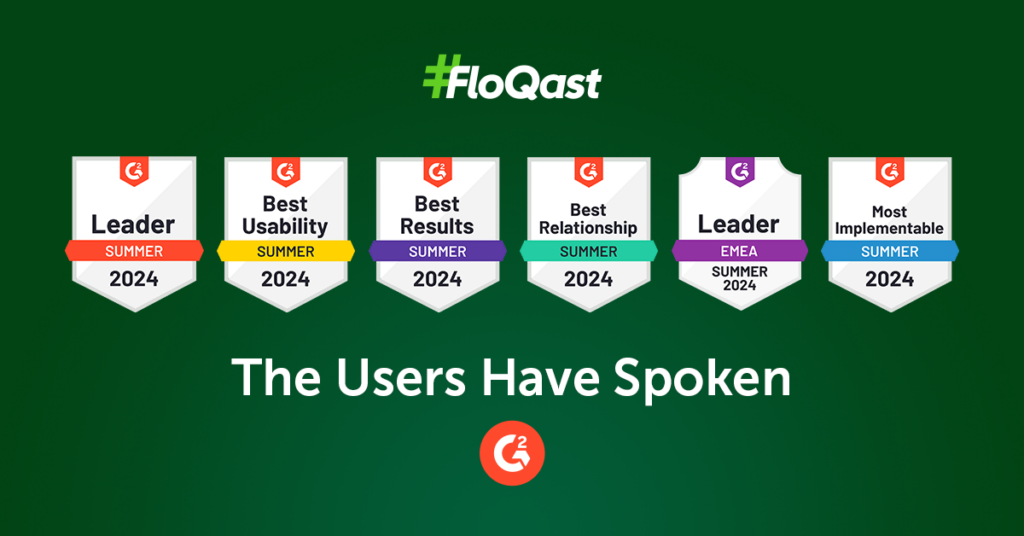
Blog -




Company News
We Sweat The Small Stuff
In accounting, the little things ARE the big things.
Small tasks add up. And large tasks have lots of small components.
That’s why every efficiency improvement, no matter how impactful on its own, adds to the overall smoothing of the monthly close-the-books process. And making the close process as efficient as possible is what we’re all about at FloQast.
Whenever we’re visiting with our clients, or speaking with them about the close process, we’re on the lookout for opportunities to make their jobs easier. It’s detective work: sometimes the clues are obvious, other times they’re subtle.
Often, the results create the potential for a foundational shift in how accounting teams gain insight into how to get better at the close process – as with our announcements earlier this year about Cloud Connect and Close Analytics.
But we’re equally, if not more, proud of the smaller items that we know, taken cumulatively, have a real impact too. Between our more significant feature launches, we release a steady cadence of smaller ones – a little something new every few weeks throughout the year – while always being mindful to keep FloQast easy to navigate and use. Put simply, FloQast is always getting better.
A great example is our recent launch of tags. Tags are markers that can be attached to Checklist items and Reconciliations that denote something important that a task shares with other similar tasks. They also create the ability to view only those items that carry a particular tag.
Here’s an example: certain items are more critical to the overall close process than others. That’s generally because the dollars are larger, or because the ending balance has a very large number of components, making it especially prone to error. Those are high risk items. So we’ve created a ‘high risk’ tag for them. It looks like this: #high-risk. We’ve made it easy to add a tag to an item, and to filter your view to see only items with that tag.
We’re starting in a spare way: just three tags. In addition to high risk, we have tags for tasks requiring a journal entry, or other tasks that are not directly related to the close process. It’s extremely likely that we’ll add to the system-generated tags we offer, and that we will offer the ability to create custom tags that make the most sense to an individual client’s particular needs. That will come, based on feedback from users. We’d rather respond quickly with what our users really want than try to predict too much based just on what we hear.
Another example is also subtle, perhaps even moreso. FloQast is already extremely flexible when it comes to setting a time when an item is due, and completely removing the need to be mindful of the calendar when setting close deadlines. We simply ask users to create a schedule once, and set due dates for the number of days before or after the period close when an item is due. We take care of the rest, including skipping weekends and holidays per settings controlled by the company. But what about those occasions (unfortunately the reality of our profession) when the Accounting team needs to work on a weekend – say a Saturday after the Fourth of July. Important items could be late if FloQast didn’t account for the work done on that Saturday. So we’ve created a new feature that we call a “work through” calendar to denote those work days. And boom: due dates automatically adjust, and an accurate schedule is set in a few keystrokes.
We love finding the little things that matter, because we’d rather FloQast sweat the small stuff for you. But we can’t do all the detective work on our own. Please always reach out with ideas for how FloQast can help get you and your favorite accountant home for dinner every night – even during the close. Just write us with your thoughts at [email protected].
Not using FloQast on your team? Got six minutes? View an on-demand demo and see how FloQast will help you close three days faster and more accurately.

